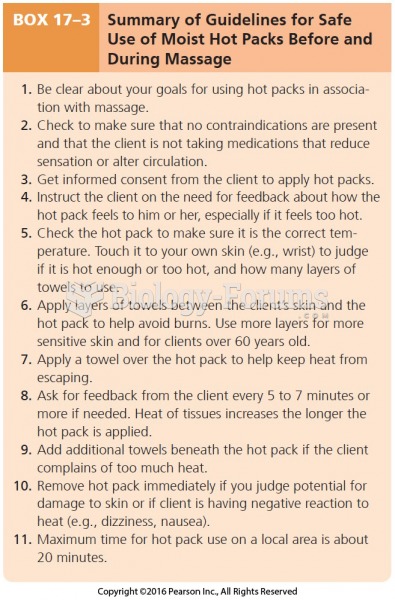Answer to Question 1
Like other drugs, over-the-counter (OTC) medications can be used improperly, often simply because of a lack of education about proper use. Among those most often misused are the following:
Painkillers: Federal regulators have issued warnings for many popular painkillers, including over-the-counter pills like Advil (ibuprofen) and Aleve (naproxen). Their labels cite risks to the heart, stomach, and skin. Tylenol (acetaminophen) and aspirin are generally considered safe for people with
temporary pain like headaches and muscle aches. However, aspirin can cause stomach irritation and bleeding, and Tylenol, which is found in more than 600 over-the-counter and prescription medications, poses multiple dangers.
Nasal sprays: Nasal sprays relieve congestion by shrinking blood vessels in the nose. If they are used too often or for too many days in a row, the blood vessels widen instead of contracting, and the surrounding tissues become swollen, causing more congestion. To make the vessels shrink again, many people use more spray more often. The result can be permanent damage to nasal membranes, bleeding, infection, and partial or complete loss of smell.
Laxatives: Believing that they must have one bowel movement a day (a common misconception), many people rely on laxatives. Brands that contain phenolphthalein irritate the lining of the intestines and cause muscles to contract or tighten, often making constipation worse rather than better. Bulk laxatives are less dangerous, but regular use is not advised. A high-fiber diet and more exercise are safer and more effective remedies for constipation.
Eye drops: Eye drops make the blood vessels of the eye contract. However, as in the case of nasal sprays, with overuse (several times a day for several weeks), the blood vessels expand, making the eye look redder than before.
Sleep aids: Although OTC sleeping pills are widely used, there has been little research on their use and possible risks. A national consensus panel on insomnia concluded that they are not effective and cause side effects such as morning-after grogginess. Medications like Tylenol PM and Excedrin PM combine a pain reliever with a sleep-inducing antihistamine, the same ingredient that people take for hay fever or cold symptoms. Although they make people drowsy, they can leave a groggy feeling the next day, and they dry out the nose and mouth.
Cough syrup: Many of the active ingredients in over-the-counter cough preparations may be ineffective. Young people may chug cough syrup (called roboing, after the OTC medication Robitussin) because they think of dextromethorphan (DXM), a common ingredient in cough medicine, as a poor man's version of the popular drug Ecstasy.
Answer to Question 2
D







